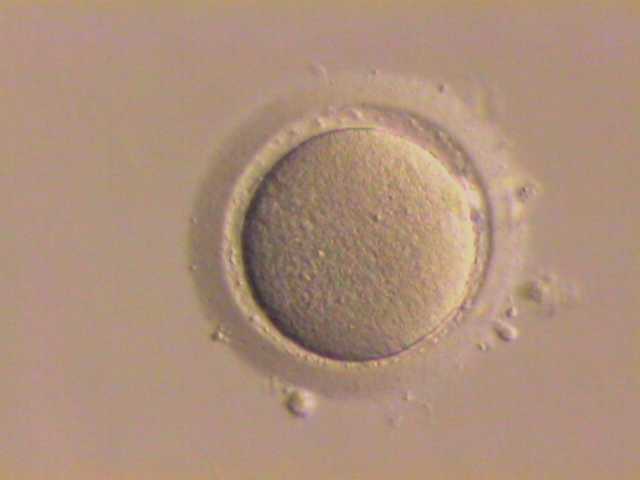Are female mammals born with all the eggs they'll ever have, or can they produce new eggs into adulthood? The question has been vociferously debated, but now, a study published online in Nature Cell Biology today (April 12) reports that at least in mice, adult female ovaries have a store of stem cells that have the potential to generate new eggs.
The study "is a huge step in quelling this debate," Jonathan Tilly, a reproductive biologist at Harvard Medical School, told The Scientist. "You're starting to look at a body of evidence that you simply can't refute anymore." The idea that mammals stop forming new eggs at birth has held sway since the 1950's, but in 2004, Tilly and his colleagues published a paper in Nature claiming they had found germ line stem cells--those responsible for forming new sex cells like sperm and...
 |
Image: Wikimedia Commons |
Interested in reading more?
Become a Member of
Receive full access to more than 35 years of archives, as well as TS Digest, digital editions of The Scientist, feature stories, and much more!
Already a member?



